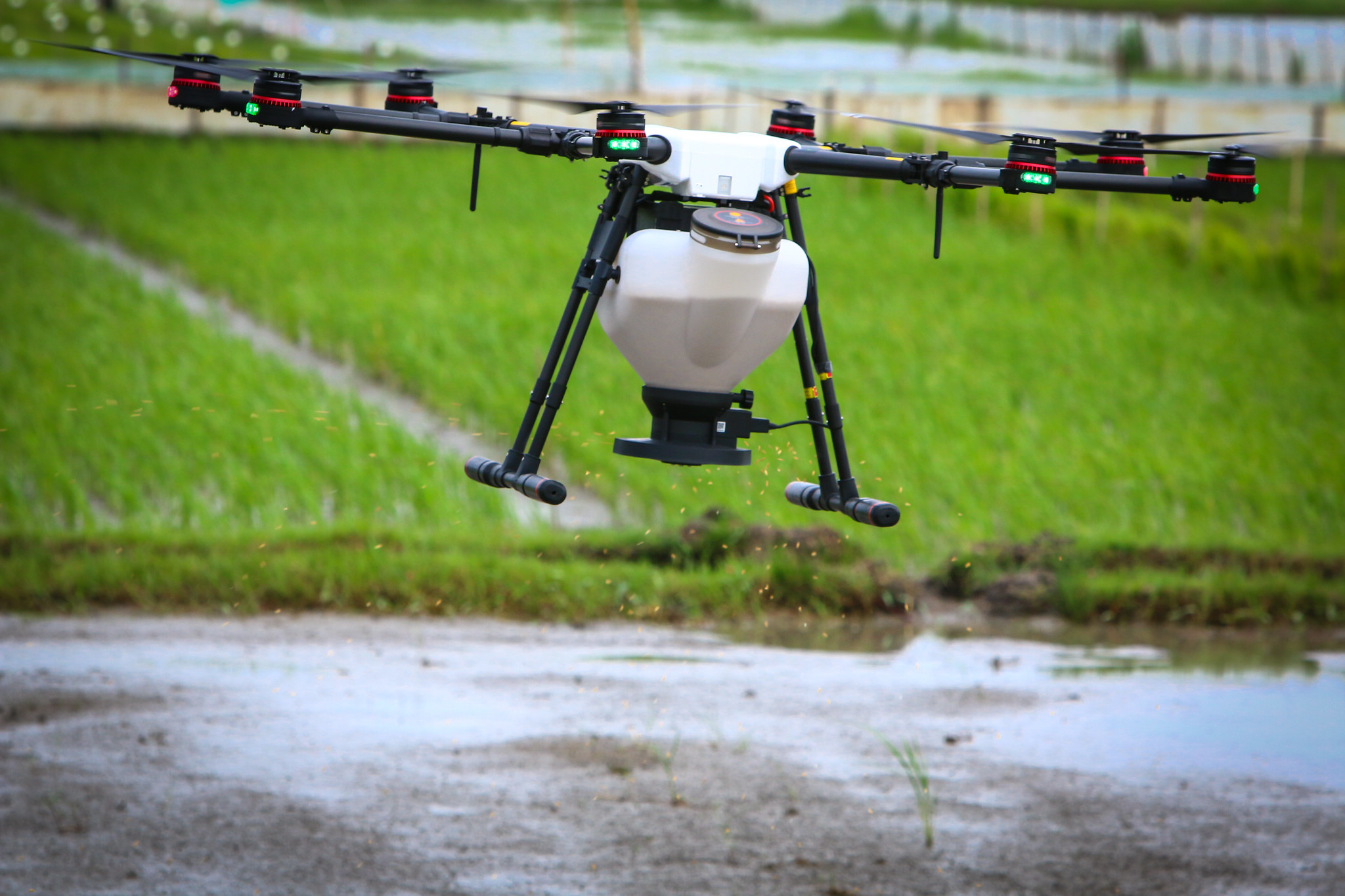Addressing the effects of climate change on rice productivity: ADB, IRRI convene three-country policy workshops on scaling-up climate-smart practices for sustainable and intensive rice-based farming

Workshops aimed at developing policy recommendations to promote widespread adoption of climate-smart solutions for intensive and sustainable rice-based production in Bangladesh, Nepal, and Cambodia
IRRI, Los Banos, Laguna, Philippines, 18 July -- The Asian Development Bank (ADB) and the International Rice Research Institute (IRRI), in partnership with the national research and extension systems (NARES) of Bangladesh, Nepal and Cambodia convened consultative workshops in the three countries aimed at proposing policy recommendations to promote widespread adoption of research-proven climate-smart practices and varieties for intensive and sustainable production in rice-based systems. The climate-smart practices being promoted are based on the findings of field experiments supported by the ADB. The workshops were held on 14 July in Dhaka, Bangladesh; on 16 July in Kathmandu, Nepal; and on 18 July in Phnom Penh, Cambodia.
“Climate change continues to wreak havoc on rice farming -- and will continue to do so into the foreseeable future -- but we have the know-how to help our rice farmers become more resilient and better cope with its effects. We just need the help of our leaders to integrate these climate-smart agricultural technologies into the national agenda through the institutionalization of supportive policies that are hinged on sound science that organizations such as IRRI provides. However, we cannot do what we do without the support of partners and donors like the ADB, to whom we are extremely grateful for this particular initiative,” said Dr. Arvind Kumar, Director of IRRI’s South Asia Regional Centre and IRRI India Representative.
Climate-smart practices and varieties were pilot tested in each of the three countries under ADB's Technical Assistance - 9218 on ‘Investment Assessment and Application of High-level Technology for Food Security in Asia and the Pacific’. The pilot projects, led by IRRI in partnership with the countries’ NARES, involved testing a suite of climate-smart rice-based production technologies, which included direct-seeded rice (DSR), alternate wetting and drying (AWD), rice-based inter-seasonal multi-cropping, and best management methods. The adoption of these water-, labor-, and energy-saving technologies showed huge potential in increasing yields in rice, boosting profits of farmers through diversification, reducing the drudgery of labor through mechanization, and reducing greenhouse gas emissions.
DSR and AWD are examples of climate change coping mechanisms that particularly address one of the main challenges in rice-based farming: the use of water. These technologies increase the productivity of the main sources of water used in rice farming by reducing water losses and changing traditional practices that contribute to suboptimal use of water. On the other hand, diversified rice-based multiple cropping system with high-value crops improves farm productivity and farmers’ incomes. Additionally, the application of best management practices promotes the efficient use of scarce resources such as soil nutrients while protecting and conserving the natural resource base.
“ADB is proud to support the development and field-testing of these cost-effective, profitable, and climate-smart practices for intensive and sustainable rice-based farming in Bangladesh, Cambodia, and Nepal, as well as these policy workshops to scale up these practices. We are confident that, if promoted and adopted on a wider scale by creating enabling national policies, these climate-smart solutions will help improve the resilience and profitability of resource-poor rice farmers in the face of erratic climatic conditions and, consequently, improving their lives,” said Dr. Akmal Siddiq, Chief of Rural Development and Food Security (Agriculture) of the ADB.
The results and initial outcomes of the pilot projects were presented and assessed during the policy workshops in the current country contexts. Country-specific policy recommendations will be formulated based on the reported results and lessons learned. ADB and IRRI hope that these countries will incorporate the recommendations in their national agricultural agenda and enable the scaling up of the climate-smart technologies and practices in rice-based systems that were tested in the pilot projects.
Key experts, decision- and policy-makers, NARES representatives, donor agencies, universities, and non-government organizations, and other rice sector stakeholders attended the policy workshops.